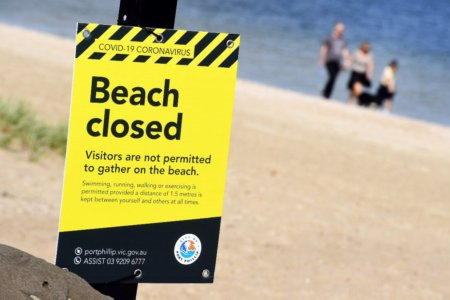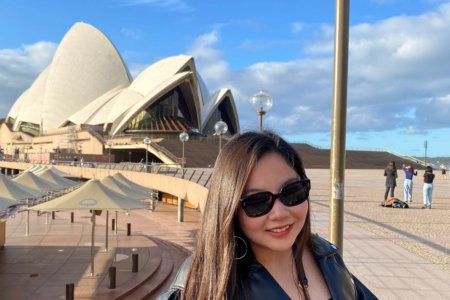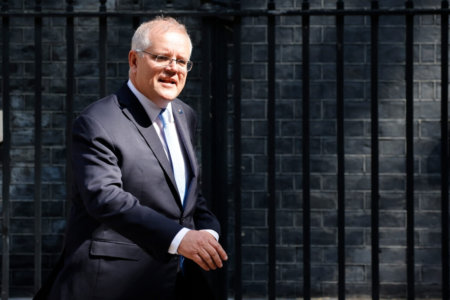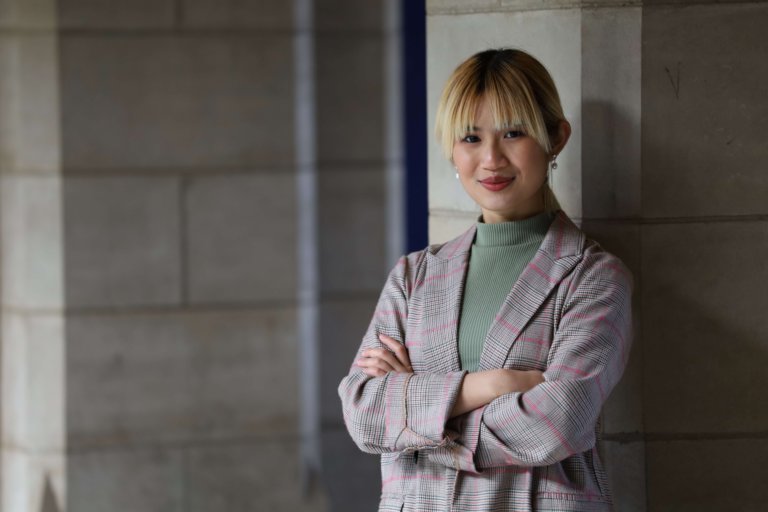
Belle Lim’s drive to empower international students in Australia has taken her as far as the UNESCO Youth Forum in Paris.
As the President of the Council of International Students Australia — the national peak student representative organisation for international students studying Down Under — she’s always at conferences and policy discussions. You’ll find her just as often speaking to expert advisory groups and the media.
She juggles all of the above while completing a PhD at Monash University Australia in breast cancer genetics. Lim is also the recipient of a a Faculty Gold Medal and International Merit Scholarship at Monash University Australia in 2017. Two years later, she won the prestigious Victorian Premier Award as International Student of the Year, plus a full scholarship to do her PhD.
We caught up with Lim to learn more about the impact of COVID-19 on international students in Australia, her PhD and her future plans:
What made you choose to study pharmaceutical sciences? Is there a personal backstory behind this?
I’ve always been very interested in biology and health sciences. I’ve also always been interested to learn more about how we can improve public health and pharmaceutical signs. At Monash University, where I’m currently doing my PhD, it’s number two in the world to study this.
Why did you choose to pursue this course at your uni in Australia?
The main reason is, coming from an Asian background, when you choose to study abroad you always go for a different exposure for culture. Some common options are the UK and Australia and the closest to Malaysia was the latter — a big factor for my parents as well.
Tell us more about what you’re doing now in terms of studies and work as The Council of International Students Australia’s (CISA) president.
After my bachelor’s degree in pharmaceutical sciences, I continued in research. So now I am completing a PhD in cancer genetics. I’m passionate about women’s issues and rights and for international students in Australia in general in my role as president of CISA.
I found conferences great in bringing together international students. We discuss issues from our point of view and it’s been a good opportunity because I’m also able to represent these international students in Australia.
To add to that, I also get to speak directly about student issues to the federal ministers in educational platforms and I appreciate the channel to advocate for students.
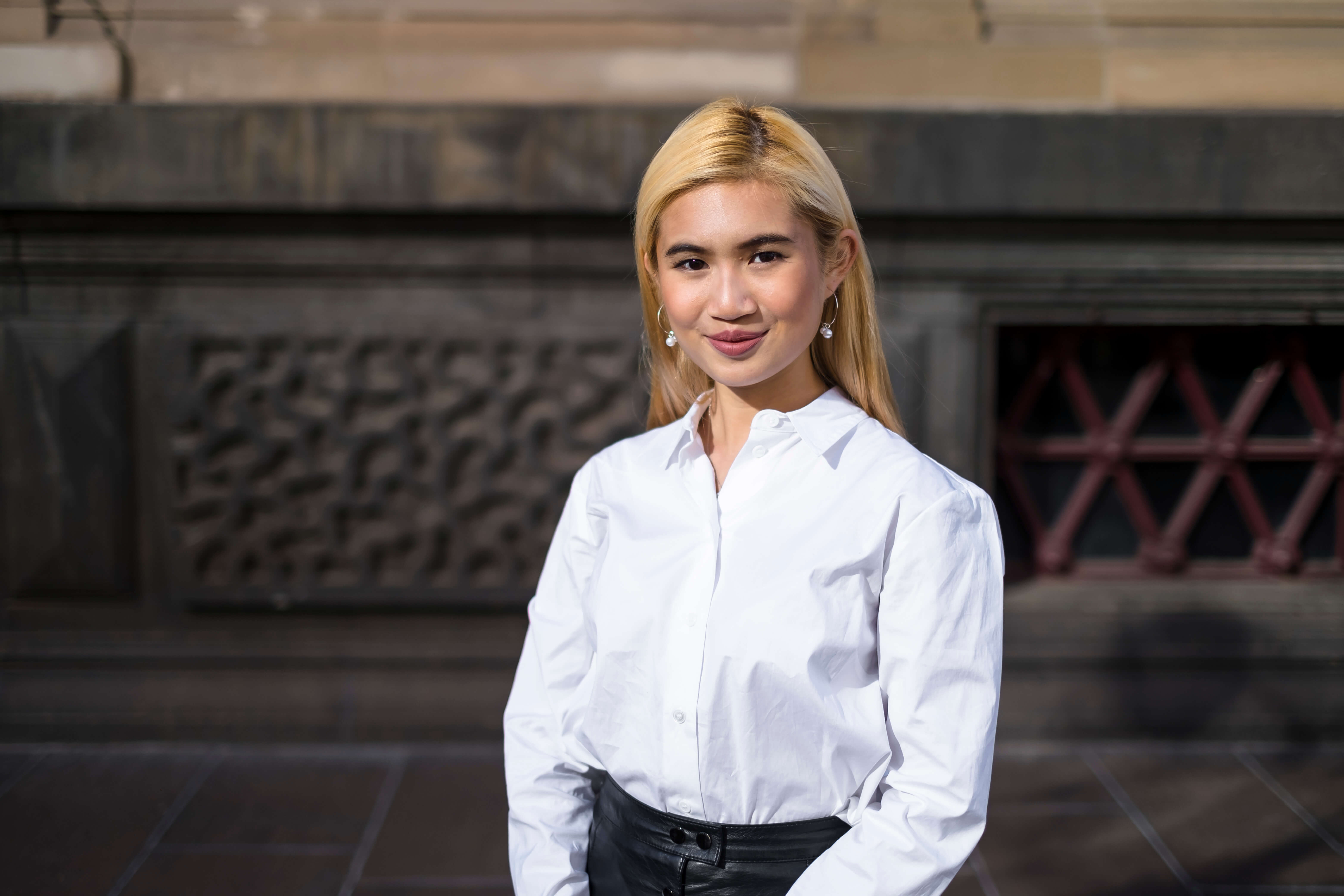
“I’ve always been very interested in biology and health sciences,” she said. Source: Belle Lim
Walk us through your UNESCO Youth Forum experience.
That was a very good experience. Based on my passion and my work in the gender space, I was selected to attend the UNESCO Youth Forum in Paris on behalf of Malaysia. I don’t think there’s another platform where you can meet so many leaders from different countries.
I got to learn a lot because the person sitting next to me was an outstanding youth leader. He fled ISIS from Iraq and became a refugee in France. The people I met were amazing and hopeful.
At the forum, we mainly talked about the issues the youth care about around the world and how we could foster leadership among us to be able to have the channel to create change. A lot of the time, youths are prevented from participating in policymaking.
On things such as climate change, there’s a big role for us to play. So at the end of the day, the question is: how can we harness the power we have?
Do you think it would have made a difference if you studied at a local institution?
This is a bit of a sensitive question because it also relates to equity. Not everyone has the opportunity or benefit of being able to study abroad. The experience of a completely new environment, system and ideas from living in a different country is very valuable.
While there are certainly high-quality institutions in Malaysia, the chance of exposure was a deciding factor for me to study abroad. You can’t encourage everyone to study abroad though, it all relates to their family’s ability for sure.
What are your thoughts on the travel restrictions? Do you think the new pilot programme will allow international students in Australia to return?
The short answer is no, because we have been talking about this for a very, very long time. There are students that have paid a full tuition fee and they weren’t able to access the education which is completely unfair.
It’s frustrating to deal with the government’s direction as they don’t see international students in Australia as rightful residents in this country. We deserve a right to receive the education we paid for. The federal government differs from each state — I know the New South Wales government has actually been working for 12 months to develop such a plan.
I think it’s positive news that it looks like the pilot plan will go ahead but 250 students every fortnight is a small fraction to the 160,000 students stuck outside the country. A drop in the ocean, if you will. I don’t think students will be able to come into Australia, at least for another year until the borders completely open.
What are some of the things you think institutions should do to support stranded international students?
Much more needs to be done for sure. Unis and education providers are also struggling because of the border closures. Even unis are taking a big loss as they rely on student fees.
However, they do have a big role to play. At CISA, we’ve been advocating for those students that can only access their studies online. They need to have their fee reduced as it’s ridiculous for them to be paying a full fee.
They also need an enhanced level of personal support and mental health support. From the unis we’ve reached out to recently, they’ve gotten back to us with a list of initiatives. Personally, I think they’re doing the best they can but it’s not enough.








